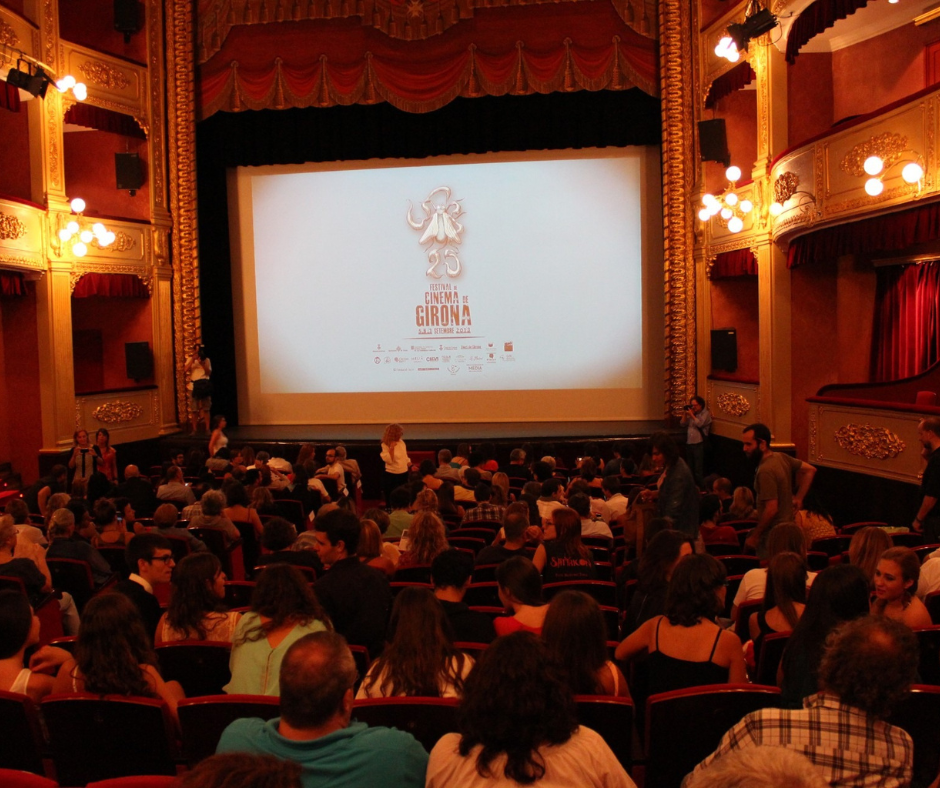
Books vs. Movies: Which is Better?
November 29, 2024

The debate over whether books or movies provide superior entertainment has been ongoing for years. Each medium has its unique strengths and weaknesses, appealing to different audiences and preferences. While books invite readers to delve into the depths of their imagination, movies offer a visual and auditory experience that can be both immediate and immersive.
This article will go through the differences between books and movies. Let’s explore the distinct experiences offered by both forms of storytelling, examine their advantages, and see examples that illustrate why some may prefer one over the other.
Reading a Book
Reading a book is often described as an intimate experience that engages the mind in ways that movies cannot replicate. When you read, you are not merely consuming a story but actively participating in it. Books require readers to visualize characters, settings, and events, allowing for personal interpretations that can vary widely from one individual to another. This imaginative engagement fosters a deeper connection with the material, as readers invest time and thought into understanding the characters’ motivations and emotions.
Advantages of Reading
Depth of Detail
Due to time constraints, books typically provide more comprehensive character development and intricate plots than movies can. For example, in Harry Potter, J.K. Rowling intricately develops each character's backstory and emotional depth, which can be glossed over in film adaptations. The complexity of relationships and internal conflicts is often lost when condensed into a two-hour film.
Cultivates Imagination
Reading encourages creativity. Every reader constructs their mental images of characters and settings. This personal visualization can lead to a more profound emotional investment in the story. For instance, when reading The Lord of the Rings, each reader imagines Middle-earth uniquely, influenced by their own experiences and perceptions.
Controlled Pacing
Readers control their pace, allowing them to savor complex passages or reflect on significant moments. This contrasts with the fixed duration of films, which often rush through critical plot points. The ability to pause and contemplate enhances the overall experience of engaging with a book.
Many readers argue that certain books are superior to their movie adaptations. For example:
- The Great Gatsby by F. Scott Fitzgerald is often preferred in its literary form due to its rich symbolism and narrative style, which are difficult to fully capture on screen.
- To Kill a Mockingbird by Harper Lee presents nuanced themes of morality and justice that resonate more deeply through its prose than through cinematic representation.
The Goldfinch by Donna Tartt is another example where readers appreciate the detailed exploration of themes such as loss and identity that are often simplified in film adaptations.
Watching a Movie
Movies provide an immediate and communal experience. Film's visual nature allows for stunning cinematography, sound design, and performances that can create an emotional impact within a short time frame. In addition to the film’s nature, watching a movie in world-class cinemas, like Newport Cinemas, creates an exceptional experience for people that books cannot replicate. Movies also cater to those who may not have the time or inclination to read lengthy novels.
Advantages of Watching Movies
Visual Storytelling
Films utilize visuals to convey emotions and settings quickly. For example, The Lord of the Rings trilogy brings Tolkien's expansive world to life with breathtaking landscapes and special effects that enhance the viewer's experience. The visual representation allows audiences to experience scenes in ways that words alone cannot convey.
Social Experience
Watching movies is often a shared activity—whether in theaters or at home—allowing for discussions and shared reactions that enrich the viewing experience. The communal aspect of watching films can foster connections among friends and family as they share their thoughts on what they’ve just seen.
Accessibility
Movies can be consumed in a couple of hours, making them more accessible for those with busy schedules. Their immediacy allows viewers to engage with stories quickly without the time commitment required for reading a book.
Certain film adaptations are frequently cited as being better than their source material:
- The Shawshank Redemption, based on Stephen King’s novella Rita Hayworth and Shawshank Redemption, is celebrated for its powerful performances and direction, which elevate the story beyond its written form.
- Jaws by Peter Benchley benefits from Spielberg's masterful direction, creating suspense through visual storytelling that captivates audiences more effectively than the book.
- Forrest Gump showcases how Robert Zemeckis’ adaptation transformed Winston Groom’s novel into a cinematic masterpiece with memorable performances that resonate emotionally with viewers.
Final Thoughts
Both books and movies hold significant cultural value as forms of storytelling. They each cater to different aspects of the human experience—books challenge our imagination while movies engage our senses. Embracing both mediums allows us to appreciate storytelling in all forms, enriching our understanding of narratives across different platforms. Whether you lose yourself in the pages of a novel or immerse yourself in a cinematic adventure, both experiences offer valuable insights into human nature and creativity.